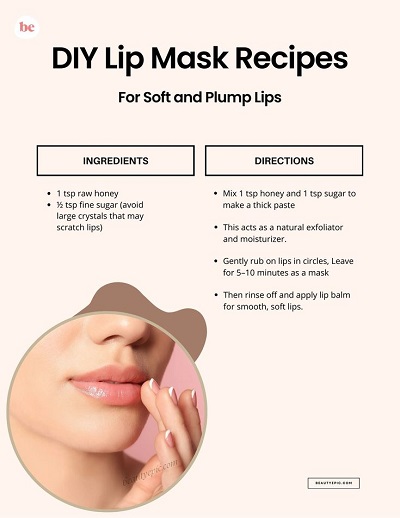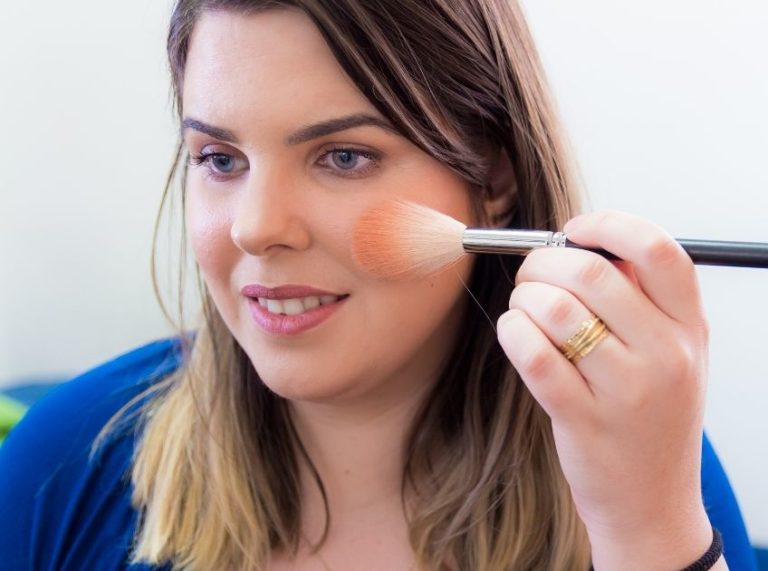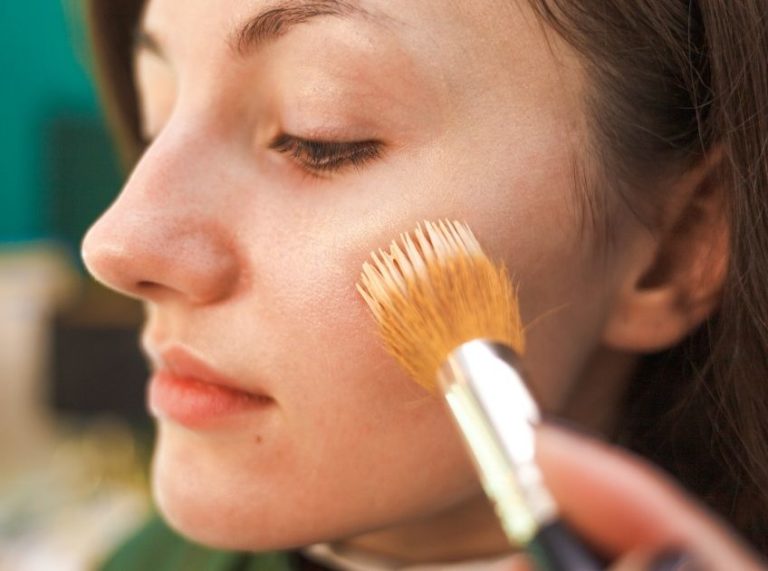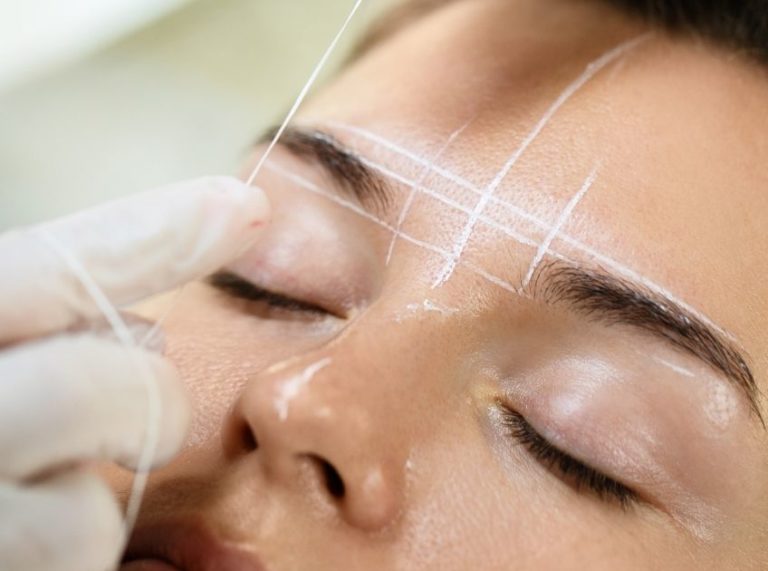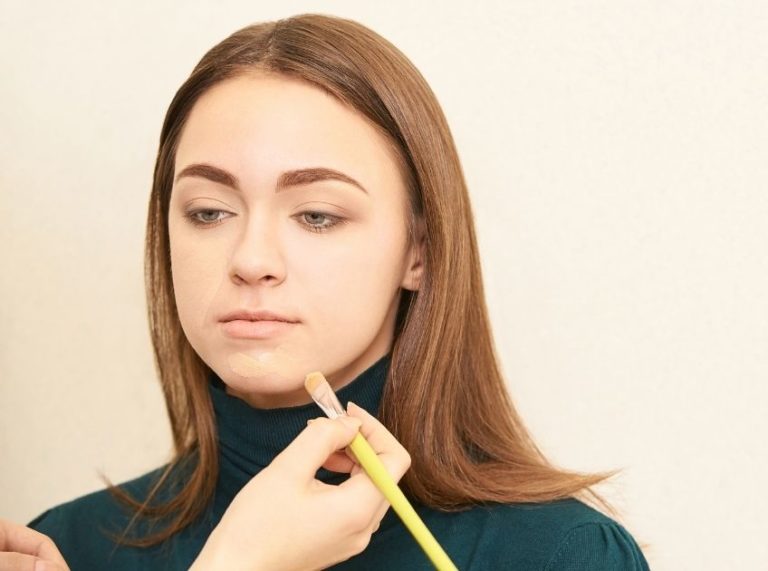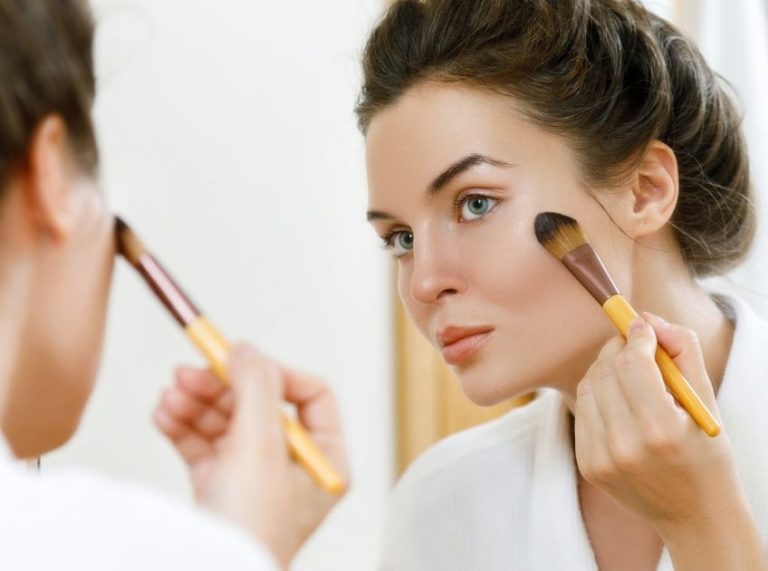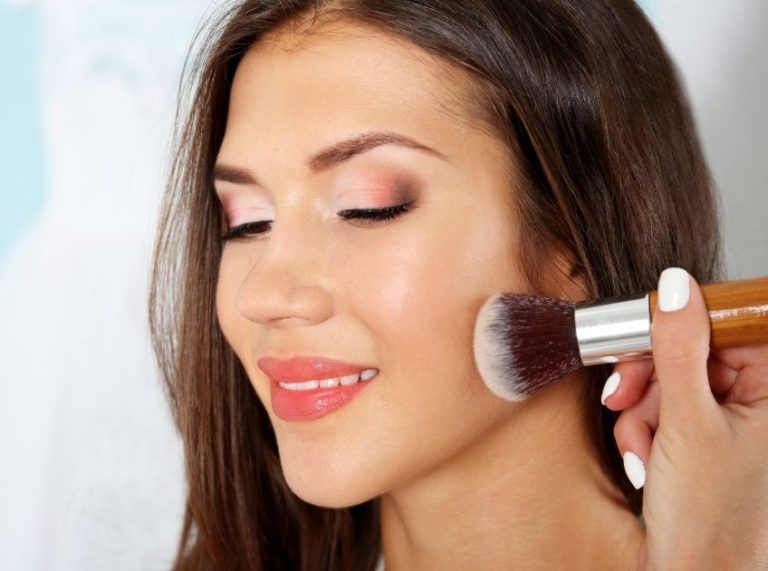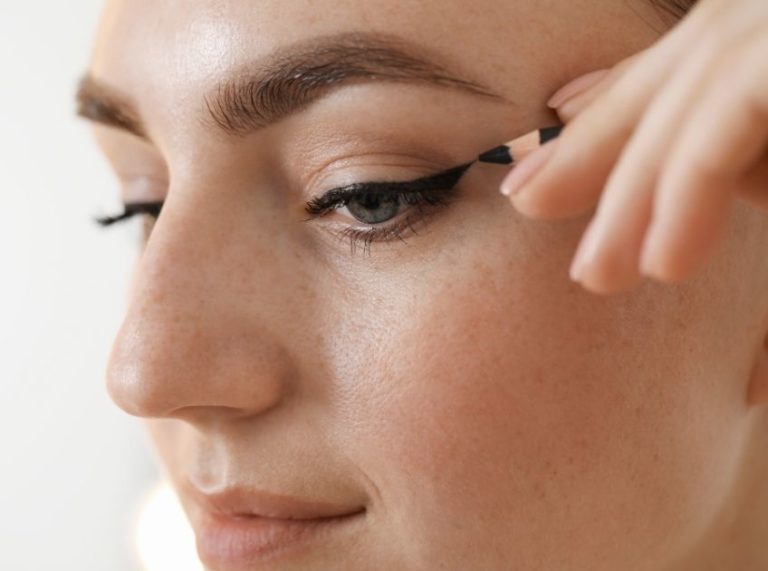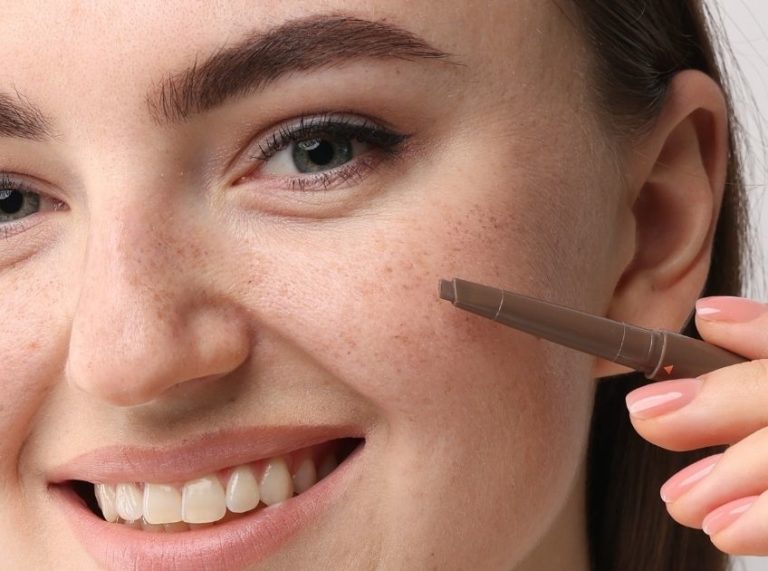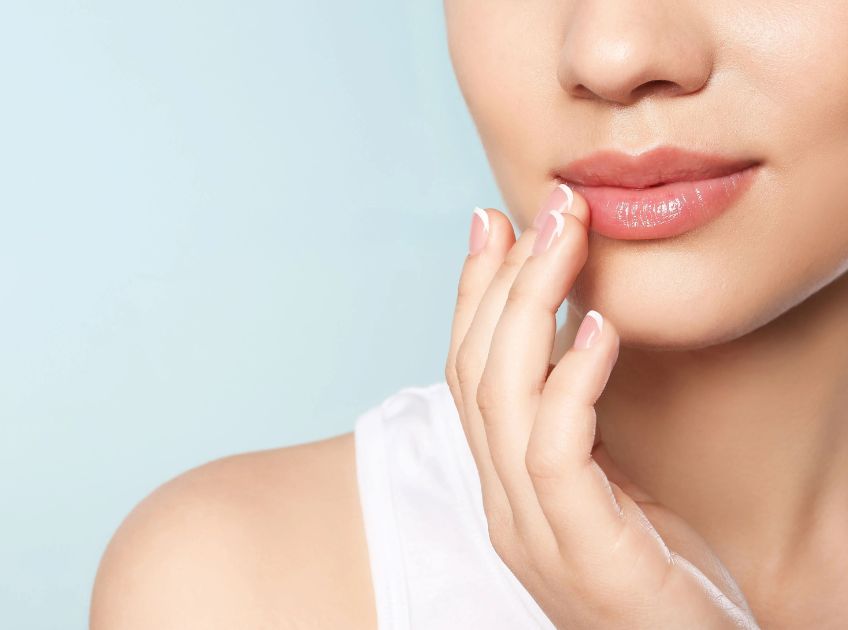
Important: This article is for informational purposes only. Please read our full disclaimer for more details.
Dry, chapped, or dull lips can take away the beauty of your smile. Instead of relying only on expensive lip care products, you can create natural lip masks right at home. These DIY recipes utilize safe, simple ingredients that deeply nourish, hydrate, and plump your lips, giving them a smooth and healthy appearance.
Article Contains
Why a Lip Mask Works Wonders
Lip masks go beyond lip balms by providing intense hydration and healing. They help reduce flakiness, restore lost moisture, and make lips appear naturally fuller. With regular use, they can also prevent premature wrinkling around the lips.
The Science Behind the Ingredients
The power of lip masks comes from natural components:
- Honey: Acts as a humectant, locking in moisture.
- Coconut Oil & Shea Butter: Rich in fatty acids that repair dryness.
- Aloe Vera: Soothes irritation and promotes healing.
- Sugar: Gently exfoliates dead skin cells.
Backed by Studies
Research highlights honey’s antimicrobial and wound-healing properties (1). Coconut oil has been studied for its moisturizing effect on skin barrier repair (2). Aloe vera is scientifically recognized for hydration and anti-inflammatory benefits (3).
When to Stop Using Lip Masks
If you notice irritation, redness, or unusual swelling, discontinue use immediately. Some natural ingredients may not be suitable for sensitive skin, so patch testing is always recommended.
Adjusting Ingredients for Your Needs
Everyone’s skin reacts differently. If your lips are very dry, increase the oil or butter content. For oily or acne-prone skin around the lips, reduce heavy oils and use lighter options like aloe vera gel.
Is It Safe to Use DIY Lip Masks?
Yes, most DIY lip masks are safe when made with food-grade, natural ingredients. However, avoid applying if you have allergies to specific items like nuts, citrus, or honey. Always patch test before regular use.
5 Best DIY Lip Mask Recipes
1. Honey & Sugar Exfoliating Lip Mask
This is a perfect natural scrub to remove dry, flaky skin and instantly reveal smooth lips. Honey adds moisture while sugar gently exfoliates.
Ingredients
- 1 tsp raw honey
- ½ tsp fine sugar (avoid large crystals that may scratch lips)
Directions
Mix both until they form a grainy paste. Gently massage onto your lips in circular motions for 2 minutes. Leave on for another 5 minutes before rinsing with lukewarm water.
How to Apply
Use 2–3 times a week for smoother lips. Follow with a nourishing balm to seal in hydration.
Tip: You can swap sugar with ground oats for a gentler exfoliation if you have very sensitive lips.
2. Coconut Oil & Aloe Vera Hydrating Mask
This mask is a lifesaver for dehydrated lips. Coconut oil restores the lipid barrier, while aloe vera deeply hydrates and soothes.
Ingredients
- 1 tsp cold-pressed coconut oil
- 1 tsp fresh aloe vera gel
Directions
Blend both ingredients until smooth. Apply generously over your lips before bedtime.
How to Apply
Leave overnight and rinse in the morning. Use nightly during dry or winter months.
Tip: Add a drop of vitamin E oil for extra nourishment and anti-aging benefits.
3. Shea Butter & Honey Healing Mask
If your lips are cracked or peeling, this rich mask offers deep healing. Shea butter is loaded with fatty acids, and honey speeds up repair.
Ingredients
- 1 tsp shea butter
- ½ tsp honey
Directions
Melt shea butter slightly (double boiler or microwave for a few seconds) and mix with honey until creamy. Apply a thick layer to your lips.
How to Apply
Leave for 15–20 minutes, then wipe gently with a warm, damp cloth. Repeat 2–3 times weekly for best results.
Tip: Store a small batch in a tiny jar—this doubles as an everyday healing balm.
4. Rose Petal & Milk Softening Mask
Rose petals contain natural oils and pigments that nourish lips and help restore their natural pink hue, while milk softens and lightens pigmentation.
Ingredients
- 4–5 fresh rose petals
- 2 tbsp raw milk
Directions
Soak petals in milk for 30 minutes, then grind into a smooth paste. Apply evenly over lips.
How to Apply
Leave for 10–15 minutes before rinsing. Use 2–3 times a week for soft, naturally tinted lips.
Tip: Add a drop of ghee (clarified butter) to the paste for deeper moisturization.
5. Peanut Butter & Olive Oil Plumping Mask
This nourishing mask helps make lips appear fuller. Peanut butter is rich in healthy fats and proteins, while olive oil boosts circulation and softness.
Ingredients
- 1 tsp natural peanut butter (unsweetened)
- ½ tsp olive oil
Directions
Mix well until creamy. Apply a thick layer onto the lips.
How to Apply
Leave for 10 minutes, then gently wipe off with a warm cloth. Use once a week to maintain plump, nourished lips.
Tip: For an extra plumping effect, add 1–2 drops of cinnamon oil—but only if your lips aren’t sensitive.
Frequently Asked Questions (FAQ’S)
1. Can I leave lip masks overnight?
A. Yes, but only if the recipe is oil-based (like coconut oil + aloe). Avoid sugar or citrus-based masks overnight.
2. How often should I use DIY lip masks?
A. 1–3 times per week, depending on dryness levels.
3. Can I use lip masks if I have sensitive skin?
A. Yes, but stick to gentle ingredients like aloe vera or honey and always patch test first.
DIY lip masks are a simple, affordable, and effective way to achieve soft, plump lips. By using natural ingredients like honey, coconut oil, and aloe vera, you can lock in moisture, heal cracks, and enhance lip texture. With consistency and the right recipe for your needs, your lips will stay smooth, hydrated, and naturally beautiful.
